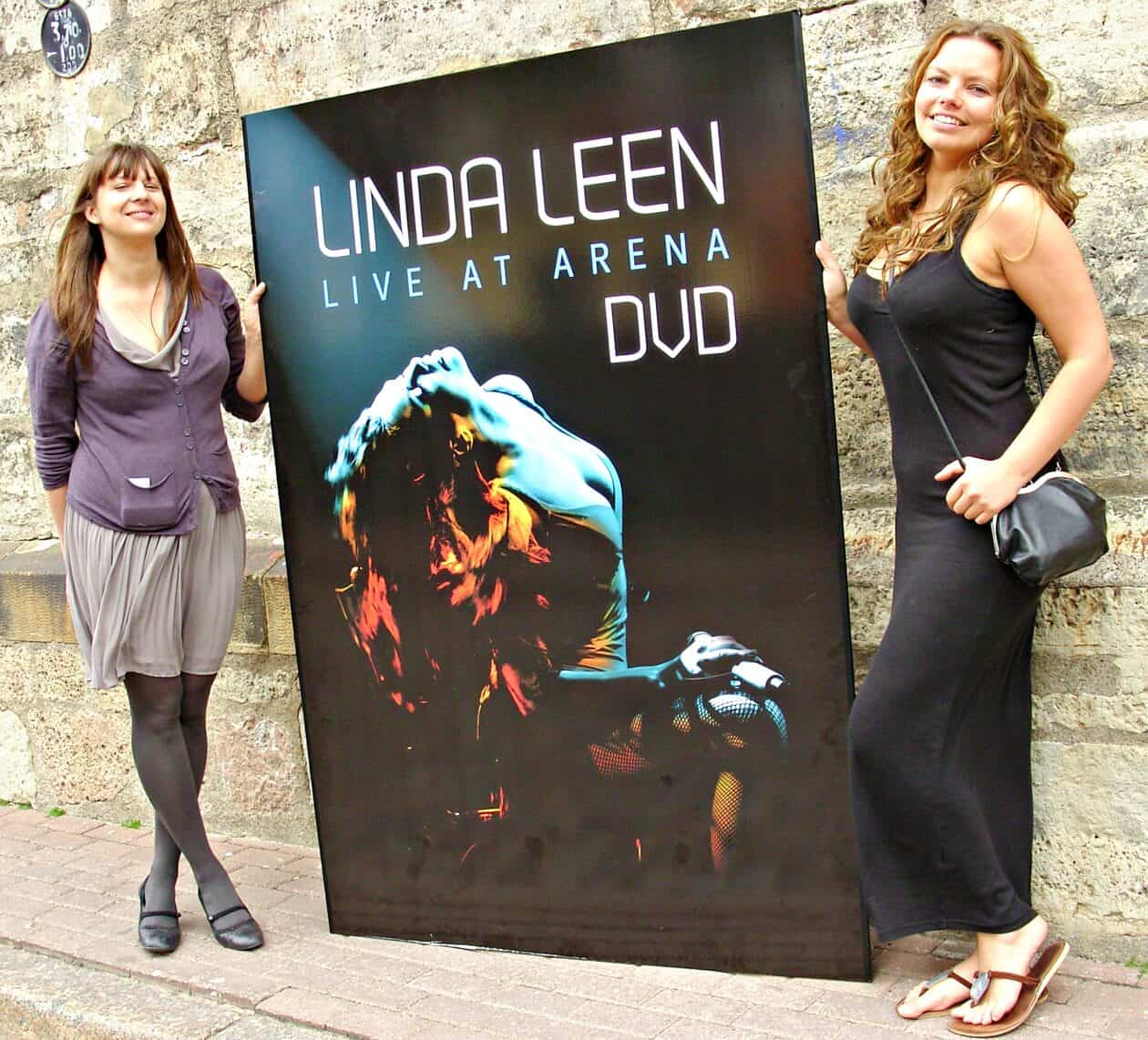Latvia: Presuem Small Countries Have Big Outlooks
Shades of freedom—evolving from red (communist) to green (democracy)…

As opposed to huge countries like the U.S., where some residents can live lifetimes without encountering foreigners, residents of small countries with numerous neighbors have global outlooks by necessity. A tiny country with a big reputation for nightlife, Latvia has been free from Soviet occupation since 1989. Its photogenic capital, Riga, is viewed by some untamed party-seeking Euros as an inexpensive binge getaway. It’s not surprising considering that Riga’s Old City overflows with inviting and inexpensive bars and restaurants. When inbound weekend warriors let their hair down, it can annoy the locals.
Riga’s immense European-style central market is not on the party circuit. There, I asked a local what she thought about the inbound party animals. At that moment, a coiffed Russian sauntered by. Tearing the veneer off any illusion, the local nodded toward the showboat and replied with a twist: “That’s what happens when a hairdo becomes a hair-don’t.”
I stood in that same spot near the seafood peddlers, and it got better. A hardcover book-toting local guy waltzed by, and I asked him about Latvian hairstyles. Lacking caché but logging originality, he predicted, “Non-judgment day is near.” I remind myself that when you ask the wrong question, you’ll rarely get the right answer.
Reborn Baltic liberty in the air, I accosted another local who waved me off with a Latvian slur. A nearby woman witnessed my dismissal and asked me if I needed help. I asked her how Latvian life had changed with democracy, and how Russians, their former occupiers, got along with Latvians. Her offering: Self-praise is not an endorsement.
Happy with that trio of swift informal interviews, I walked towards a doorway and saw an elderly man decked out in an Art Nouveau period outfit. Motionless, he stared contemplatively toward the market’s breezy open-air exit. I waved hello, and he flapped a no thank you. The helpful woman I’d just met was keeping pace a step behind me. She saw me gesture toward the sharp-dressed man and again asked if I needed assistance. I said no, but leered toward the Art Nouveau guy suggesting that he might. They had a brief conversation and the man then exited the building.
“What did he say?” I asked her.
She pointed at the illuminated EXIT sign hovering over the arched stone doorway, and explained that he also regarded it as a starting point…
“Every exit is also an entrance.”
– – – – –
“Ten years ago, we sell all our snakes to China. So now we have many more rats. The rats are very tasty.” —Deckhand, during float down Myanmar’s Ayeyarwady River
(from: The Directions to Happiness: A 135-Country Quest for Life Lessons)



